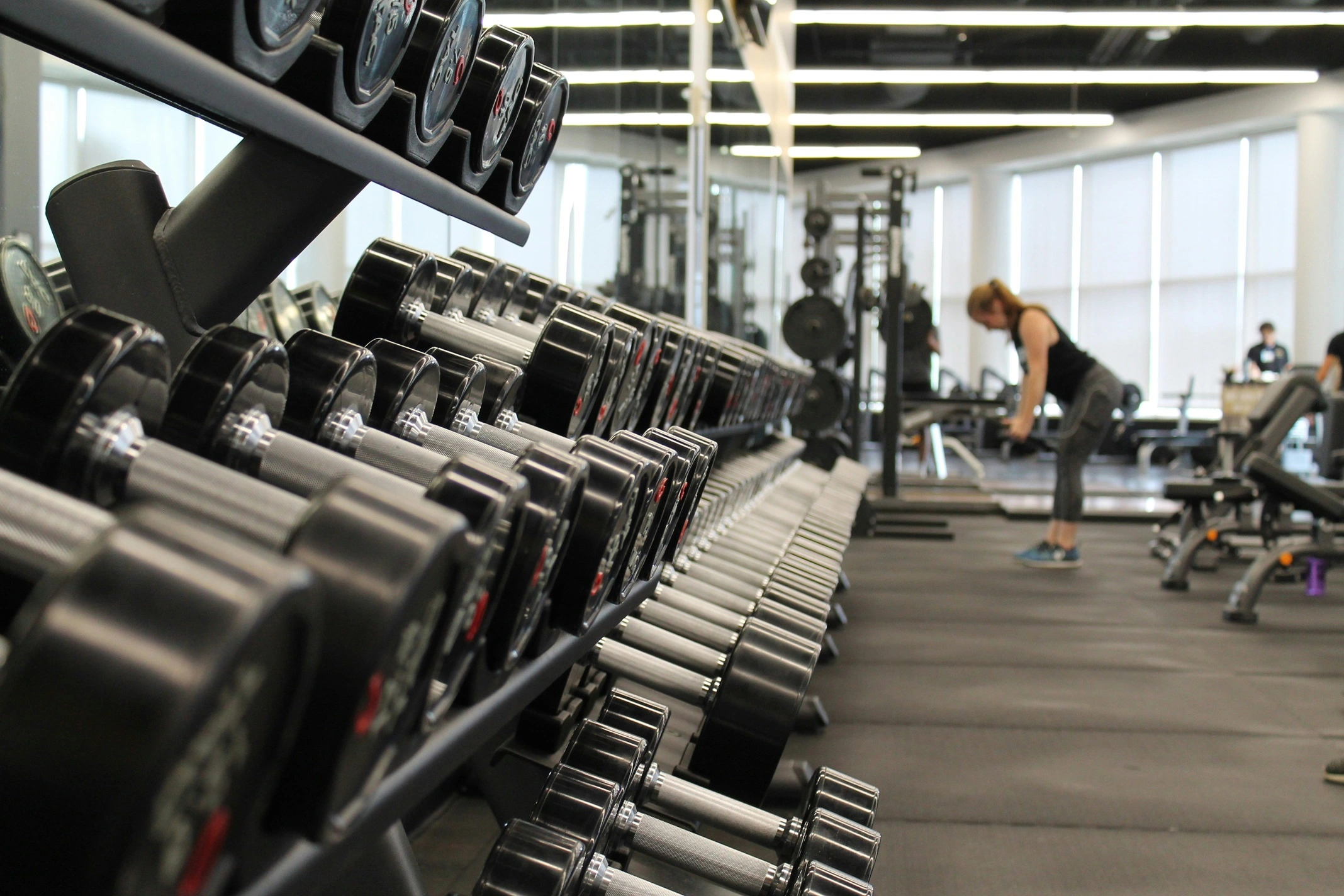Sleep is one of the antiques of today’s fast-moving society where people scarcely get enough restful sleep. Most individuals have problems with going to sleep, or very often waking up at night, or waking up tired in the morning. Though, it is imperative to understand that a variety of parameters influence it, and one of them is nutrition. It may sound surprising, though, what you eat can substantially affect how you sleep at night. This blog will explore how you can eat your way to better sleep by incorporating certain foods and nutrients into your diet.
The Relationship of Diet and Sleep
What we take into our stomachs influences the body and its functions, including the quality of sleep. The type of food we consume determines the level of serotonin and melatonin hormones in the body which are very vital in determination of our sleep. Serotonin is also known as the “happy hormone”, which controls mood and the quality of sleep. Melatonin on the other hand is referred to as the sleep hormone because it informs the body that it is time to sleep.
Key Nutrients for Better Sleep
-
Tryptophan
It appeared that tryptophan is an amino acid that gets utilized in the body to synthesize serotonin, and melatonin. Tryptophan in general can be obtained with turkey, chicken, eggs, cheese, yogurt, nuts, seeds and other high protein products. Consuming these foods during the evening meals can therefore improve the quality of sleep that one is bound to have.
-
Magnesium
It is an important mineral that is involved in more than 300 metabolic processes in the body especially those related to sleep. It assists to the muscles and nerves to a capacity of ease and as result enable one to have a natural sleep. The foods that are rich in magnesium are vegetable particularly green leaf vegetables, nuts, seeds, whole grains and pulses.
-
Calcium
Calcium assist the brain in using tryptophan to synthesize melatonin. Calcium is also abundant in dairy products, but one can get it from dark green leafy vegetables, broccoli, almonds, and soy milk that has been fortified.
-
Vitamin B6
Vitamin B6 is required in converting tryptophan to serotonin. A diet that is high in vitamin B6 is foods such as fish, poultry, potatoes, bananas and chickpeas.
-
Omega-3 Fatty Acids
Finally, omega-3-fatty acids especially DHA was found to have a positive impact on sleep quality through decreasing inflammation and increasing production of serotonin. Sources of omega-3 include foods such as fatty fish, omega-3 rich fish like salmon, nuts, especially walnuts, chia seeds, and flaxseeds.
The Best Foods for Healthier Sleep
-
Kiwi
A healthier constitution consists of Kiwis which is rich in vitamins C and E, serotonin and antioxidants and hence may help in improving sleep quality. Research has revealed that consuming two kiwis an hour before bedtime increases the time one spends in the REM Stage and reduces the time taken to fall asleep.
-
Tart Cherry Juice
Consuming a serving of tart cherries provides more melatonin than most fruits and one of the richest sources of this hormone. Supplementation with tart cherry juice will enhance melatonin concentration and consequently positively act on sleep length and quality when taken before sleep.
-
Almonds
Magnesium is an important nutrient found in almonds that can help loosen up muscle and assist with sleep. A small serving of almonds eaten before sleeping can help one get a good dose of this sleep promoting mineral.
-
Chamomile Tea
Some of the known benefits that can be derived from this tea include: The chamomile tea is well known for its ability to induce calmness. It also has a flavonoid known as apigenin, which acts on the receptors in the brain that trigger sleep sensations thereby managing insomnia.
-
Fatty Fish
Omega-3 fatty acid, which is found to be effective in improving sleep quality, includes salmon, tuna, and mackerel, and vitamin D too. It is advisable to incorporate these fish into your dinner routine at least twice during the week.
-
Walnuts
Fruits and nuts inform that walnuts contain melatonin, serotonin, and magnesium. This is why, eating a bowl of 5 to 7 walnuts in the evening will help in setting up a sleeping pattern room.
Specific Foods to Avoid in Order to Have Beautiful ZZZs
As mentioned before, some foods contribute to the quality of sleep, while others work to prevent it.
-
Caffeine
Caffeine is one of the most widely used stimulants on the planet and can take up to eight hours to leave one’s body. It is as well advised to abstain from drinks with caffeine especially after midday and these include coffee, tea, soda and energy drinks.
-
Alcohol
Even though alcohol is likely to make you sleepy at first, they are likely to cause an interruption to your natural sleep thereby making the quality of your sleep poor. Alcohol should definitely be taken sparingly and preferably a few hours to bed time.
-
High-Fat and Spicy Foods
Caffeine, fatty and spicy foods also exert a negative impact on digestion and create grounds for bad night sleep. It is advisable to avoid such types of foods in the evening as it will help in reducing their intake in our diet.
-
Sugary Foods and Drinks
Consuming sugary products can have an impact on blood sugar levels, which results in sleep disturbances. Instead, better options include fruits, nuts, and whole grain products on the list.
Setting a sleep-friendly eating schedule
Therefore, not only should people choose what foods they take but also they should sometimes plan when to take their foods to help in improving their sleep.
-
Eat Regular Meals
The practice of eating small, frequent meals at distinctive periods during the day aids in controlling the body’s biological clock and may also assist with sleep. Attempt to eat at the same time of day to try reduce any drastic changes in blood sugar levels.
-
Don’t Skip Dinner
Failure to eat before going to bed can also be a wake up call because one has to struggle in order to fall asleep. Remember to create a balance at dinner thus, incorporate complex carbohydrates, lean protein, and healthy fats.
-
Time Your Evening Snack
Before going to bed do not go for a snack, but if you must take a snack then it should be something that contains both proteins and carbohydrates, for instance, a bowl of yogurt with fruits, or a piece of whole-grain bread spread with almond butter. Together, they can assist you manage your blood sugar levels and improve your sleep patterns.
-
Stay Hydrated
Since water keeps the body hydrated, the reduced intake of the natural resource may lead to discomfort and even loss of sleep. Get proper hydration during the day but do not drinks a lot of water before going to bed in order not to wake up several times to attend to nature’s call.
Lifestyle factor in sleep
Of course nutrition is a key factor, but people should know that sleep is also influenced by other factors.
-
Exercise Regularly
Physical activity in general means an increase of physical activity in everyday life can help you sleep better and fall asleep faster. Get at least half an hour of moderate exercise on most days, although, intense workout should be done more than an hour before bedtime.
-
Establish a Bedtime Routine
Establishing a regular bedtime is important as it helps the body clock know that it is time to rest. Spend time before bedtime doing something pleasant such as reading or taking a warm bath or practicing mindfulness meditation.
-
Create a Sleep-Friendly Environment
It is advisable to ensure that your bedroom is cool, preferably with little or no light, and no noise. It would be advisable to use a proper mattress and pillows and avoid the use of screens and light during night time.
-
Manage Stress
Stress and anxiety have often been noted to disturb sleep patterns. Strengthen the practice of relaxation techniques such as yoga, deep breathing or writing a journal to lessen the stress and improve the quality of sleep.
Conclusion
Curing sleep disorders or just enhancing the quality of the sleep, do not necessarily mean making some radical changes or swallowing pills. Specifically, it concerns what they eat – it is possible to improve sleep patterns by including sleep-promoting foods into the diet. Just remember that you can try to eat your way to better sleep, as it has nutrients that can help, such as tryptophan, magnesium, calcium, and omega-3 fatty acids, and that you should maintain a regular and healthy diet. When used together with a balanced lifestyle these dietary strategies will ensure the person sleeps well at night and wakes up feeling fresh in the morning.





